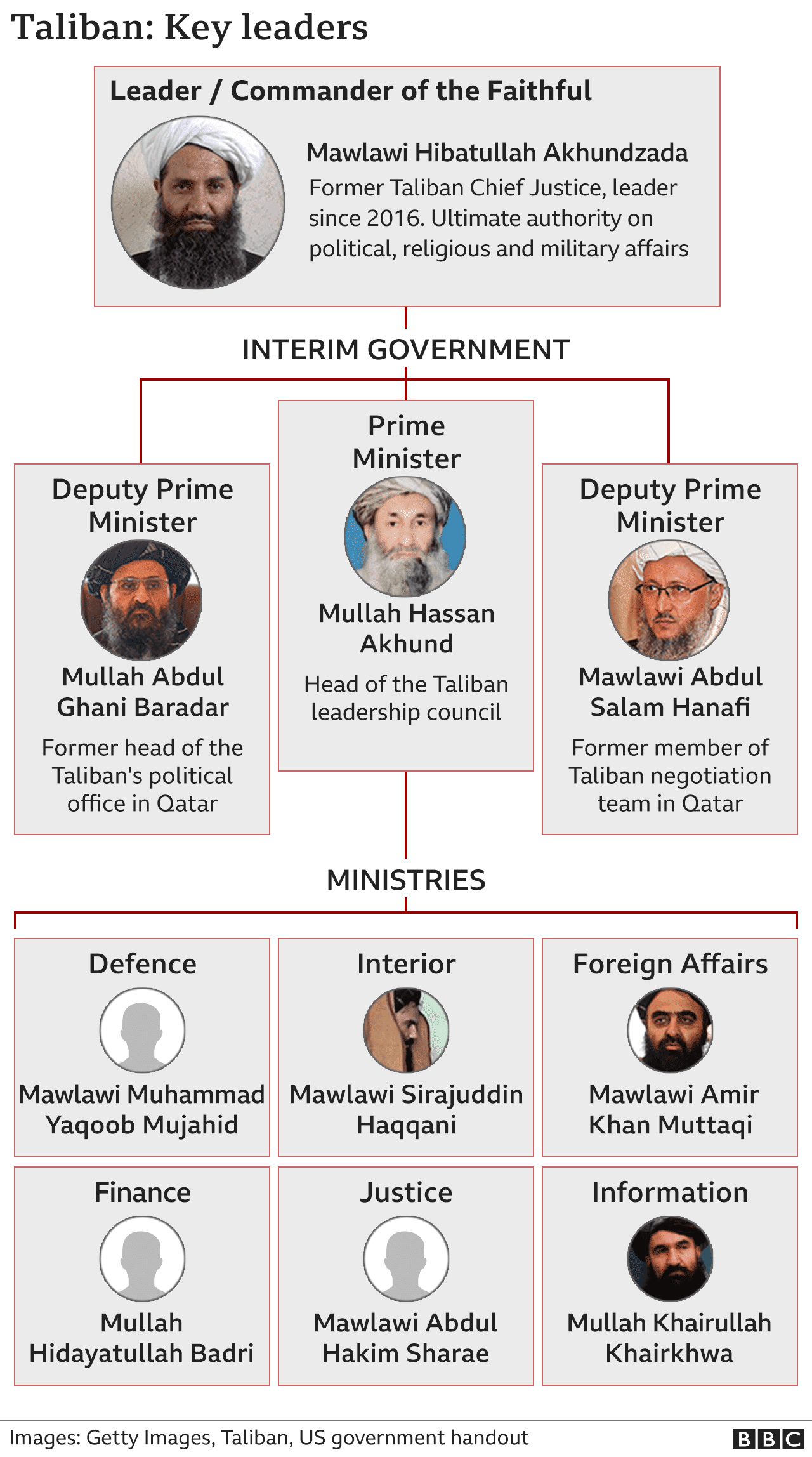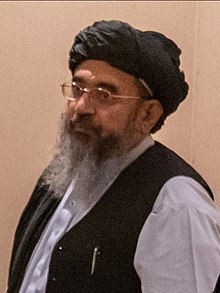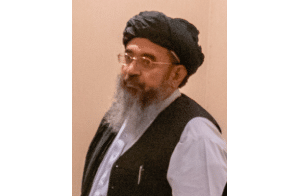IAPL
Law students and lawyers in Afghanistan are filing reports with JURIST on the situation there after the Taliban takeover. Here, a Staff Correspondent for JURIST in Kabul offers his observations on a Taliban move to take direct regulatory control of defense lawyer licensing, shifting that from the country’s bar association. For privacy and security reasons, we are withholding our Correspondent’s name. The text has been only lightly edited to respect the author’s voice.

The Taliban have changed the regulatory authority of the defense lawyers from the Afghanistan Independent Bar Association to the Ministry of Justice.
The Ministry of Justice of the Taliban announced yesterday that all defense lawyers and those who had a license from the Afghanistan Independent Bar Association should come to the Ministry of Justice for obtaining a license. Affairs related to the defense and licensed lawyers used to be regulated by the “Advocate Law” in the country. The Advocate Law provides that the Afghanistan Independent Bar Association shall issue licenses for the applicants. In Afghanistan, those who graduated from law and sharia are eligible for a license.
According to the Advocate Law, obtaining a license in Afghanistan is subject to an exam like other countries.
The Ministry of Justice has warned licensed lawyers and those who are applying to obtain a license to come to this ministry for the license, otherwise they will not be able to work as a defense lawyer.
Bringing the defense lawyers under the structure of the Ministry of Justice means that the Taliban are looking to further regulate this area in the country. The Ministry of Justice have not provided any information whether or not the Advocate Law will be amended and/or the procedures for issuing the license will be changed.
The Ministry of Justice already have the Legal Aid Directorate under its structure and that is meant to provide legal assistance for the people who cannot afford hiring a lawyer to represent them before the courts. Adding a new department to regulate affairs related to the defense lawyers from the Bar Association, in my opinion, will decrease the donor funds and international assistance to this entity.
https://www.theneweuropean.co.uk/helena-kennedy-europe-schindlers-list-moment/
https://www.lawsoc-ni.org/joint-call-in-support-of-endangered-lawyers-in-afghanistan
https://www.independent.co.uk/news/greece-afghans-taliban-thessaloniki-afghanistan-b1962413.html
https://www.politico.eu/article/how-athens-became-the-unexpected-hub-for-afghan-women/
https://www.irishruleoflaw.ie/afghanistan_appeal
https://www.ibanet.org/Appeal-for-legal-assistance-for-Afghan-women-at-risk
Abdul Hakim Ishaqzai
|
Abdul Hakim Ishaqzai
|
|
|---|---|
| ??? ?????? ??????? | |

Ishaqzai in 2020
|
|
| Chief Justice of the Supreme Court | |
| Assumed office 28 October 2021 |
|
| Prime Minister | Mohammad Hassan Akhund (acting) |
| Deputy | Mohammad Qasim Rasikh (1st) Sheikh Abdul Malik (2nd) |
| Supreme Leader | Hibatullah Akhundzada |
| Minister of Justice (Acting) |
|
| Assumed office 7 September 2021 |
|
| Prime Minister | Mohammad Hassan Akhund (acting) |
| Supreme Leader | Hibatullah Akhundzada |
| Preceded by | Abdul Baseer Anwar |
| Chief Justice of the Supreme Court | |
| In office 1996–2001 |
|
| Supreme Leader | Mohammed Omar |
| Personal details | |
| Born | 1967 (age 53–54) Panjwayi, Kandahar Province, Afghanistan |
| Nationality | Afghan |
| Profession | Politician, writer |
Abdul Hakim Ishaqzai (Pashto: ??? ?????? ???????? [?abd?l ha?kim ?shaq?zai]; born 1967), also known as Abdul Hakim Haqqani (Pashto: ??? ?????? ?????? [?abd?l ha?kim haq??ni]) and Abdul Hakim Sharie[1] (Pashto: ????????? ????? [?abd?l ha?kim ?a?rai]; also spelt Sharai[2] or Sharia[3]), is an Afghani Islamic scholar, writer and the current Chief Justice of the Supreme Court since 28 October 2021[4] and Afghan Minister of Justice. He has also served as Chief Justice of the Supreme Court in the previous government. He was the Chairman of the negotiation team in the Qatar office. He is one of the founding members of the Taliban movement and was a close associate of the late leader Mullah Mohammed Omar.[5][6]

 (@Whilaman)
(@Whilaman) 



